KFW Program: Buea
Training on the integration of citizen participation in the Local Economic Development process
Buea Council
25-27 April 2016
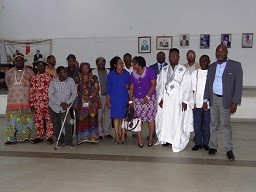
Executive Summary
In recent years, institutional reforms in African countries have been marked by trials of various forms of decentralization. In the case of Cameroon, decentralization constitutes the legal, institutional and financial means through which regional and local authorities operate to foster local development with the active involvement of the population. Cameroon experienced different forms of decentralization before the 1990s but under the provisions of the laws of 2004, there is devolution of powers accompanied by the transfer of resources; financial, material and human, to local entities
The pace of the process of decentralization within the context of Cameroon unavoidably depends on the degree of favourableness of the legal environment and the dynamism of interaction among stakeholders (local council, the state and civil society). The government translated its will to advance the process by creating the ministry of territorial administration and decentralization in 2002. FEICOM as a state institution under this ministry is meant, among others, to assist the latter in the implementation of decentralization. The enormity of the financial implication of assisting the decentralization process is what has made the government to give FEICOM the opportunity to mobilize external funding from the supportive donor community
One of the donors supporting the process in Cameroon is KFW. KFW is the financial arm of German cooperation in Cameroon and together with FEICOM they are funding the medium cities programme, PDFVM for which they are 12 beneficiary councils.
The participation of the civil society is key to any equation to boost success in these programmes and one of the three components of medium cities programme is to enhance this participation. Buea was selected to benefit from funding under the PDFVM and this workshop was organised to train stakeholders on the integration of citizen participation in the local development process.
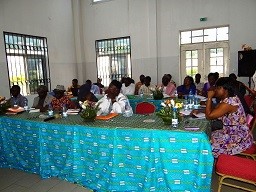
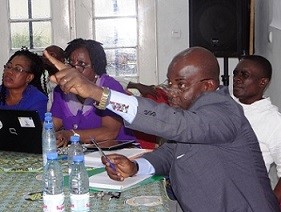
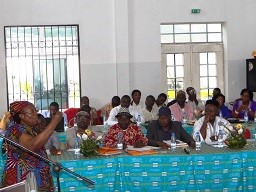

KFW program in Buea
KFW Program: Tiko
Training on the integration of citizen participation in the Local Economic Development process
Tiko Council
21-23 April 2016
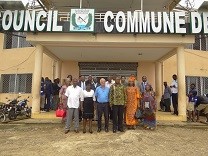
In recent years, institutional reforms in African countries have been marked by trials of various forms of decentralization. In the case of Cameroon, decentralization constitutes the legal, institutional and financial means through which regional and local authorities operate to foster local development with the active involvement of the population. Cameroon experienced different forms of decentralization before the 1990s but under the provisions of the laws of 2004, there is devolution of powers accompanied by the transfer of resources; financial, material and human, to local entities
The pace of the process of decentralization within the context of Cameroon unavoidably depends on the degree of favourableness of the legal environment and the dynamism of interaction among stakeholders (local council, the state and civil society). The government translated its will to advance the process by creating the ministry of territorial administration and decentralization in 2002. FEICOM as a state institution under this ministry is meant, among others, to assist the latter in the implementation of decentralization. The enormity of the financial implication of assisting the decentralization process is what has made the government to give FEICOM the opportunity to mobilize external funding from the supportive donor community
One of the donors supporting the process in Cameroon is KFW. KFW is the financial arm of German cooperation in Cameroon and together with FEICOM they are funding the medium cities programme, PDFVM for which they are 12 beneficiary councils.
The participation of the civil society is key to any equation to boost success in these programmes and one of the three components of medium cities programme is to enhance this participation. Tiko was selected to benefit from funding under the PDFVM and this workshop was organised to train stakeholders on the integration of citizen participation in the local development process.
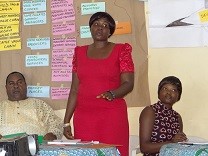

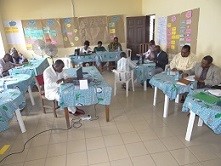
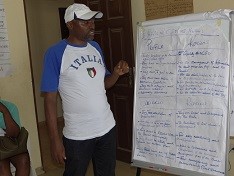
KFW program in Tiko gallery